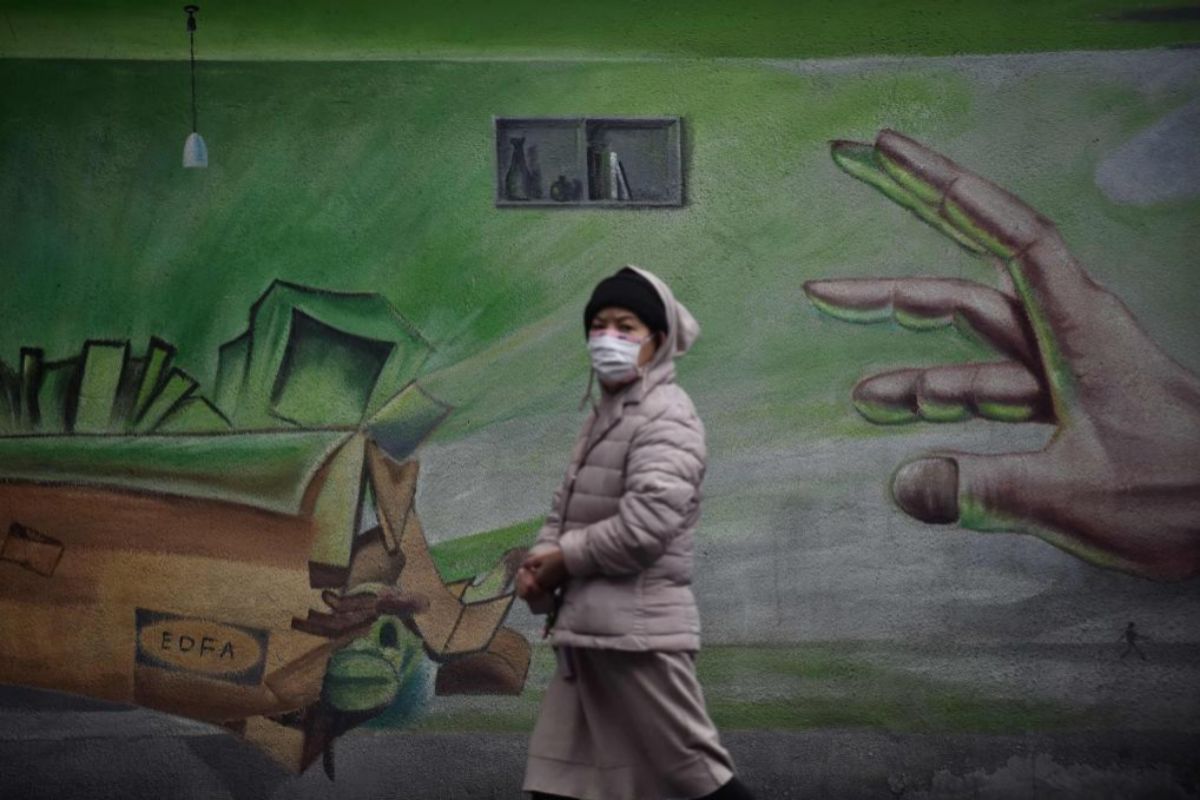- Coronavirus Last minute: All cases evolve favorably
- Infection: Coronavirus symptoms, treatment and how to prevent the spread of COVID-19
- Doubts: Does the gel disinfectant serve against the virus?
After overcoming the disease, several cases in China and Japan have once again tested positive for coronavirus , which has raised all alarms about the pathogen's ability to reinfect humans.
But these cases, which a priori could be considered strangers, are not such for Science. "It is not something completely surprising," says Rafael Delgado, head of Microbiology at the 12 de Octubre University Hospital in Madrid.
A research published recently in JAMA magazine has just analyzed, in fact, that reality. He worked on four cases collected in the epicenter of the epidemic, at the Wuhan Hospital, and details how the patients test positive until a week after having given up to twice negative and being cured.
According to experts, there are several explanations for these cases of reinfection. On the one hand, it is possible that double positives are due to discrepancies in laboratory tests .
As explained by Jordi Reina, head of the Virology unit of the Son Espases Hospital in Mallorca, sometimes false negatives can occur in the verification that the virus has already been eliminated from the body. "Often a pharyngeal smear is done to check the presence of the virus. But it is possible that this test is negative and, nevertheless, that the virus is still present in urine or feces analysis," he explains.
It is estimated that, after five to seven days of infection, 95% are already negative in the pharyngeal smear. However, due to different circumstances, there are individuals that take longer to eliminate the virus .
The analysis published in the medical journal suggests that the persistence of the virus in the patients studied was not due to a failure or discrepancy of the tests performed, but to other factors.
Experts also point out that it is possible for Wuhan's new coronavirus to behave biphasically ; that is to say, that it acts in two stages, remaining an intermediate time without giving symptoms.
Mariano Esteban, a researcher at the National Biotechnology Center of the CSIC explains, on the other hand, that "it would not be unreasonable to talk about reinfection since there are refractory viruses . But, these, when they act, do so in a milder way, that is, they lose strength "he underlines.
On the other hand, Delgado gives the example of patients with tuberculosis who, despite being properly treated, "there are some remains of the DNA chains that appear in the tests performed. These remains do not have sufficient capacity to act, they are at mode of "waste", so they could not infect another person.
In any case, Antoni Trilla, head of the Preventive Medicine and Epidemiology Service of the Hospital Clínic de Barcelona recalls that there is still much to know about how the virus behaves in the body and to what extent the defenses are able to remember their action to protect themselves against him. " We still do not know what immunity this disease leaves . It could be that it was like the measles virus, which leaves a lifelong immunity. But also that it left a short-lived immunity or even no immunity, as happens with some pathogens "A person can have pneumococcal pneumonia one year and, after a while, get it again," he explains.
According to the criteria of The Trust Project
Know more- Science and Health
- Covid 19
- Coronavirus
Chronology This is how the alert for the Covid-19 coronavirus has been expanding day by day: more than 2,300 deaths in China
BULOSAjos, packages and pets: WHO denies myths about Wuhan's coronavirus
SaludMaría Jesús Montero: "Spain is ready [for the coronavirus]"

